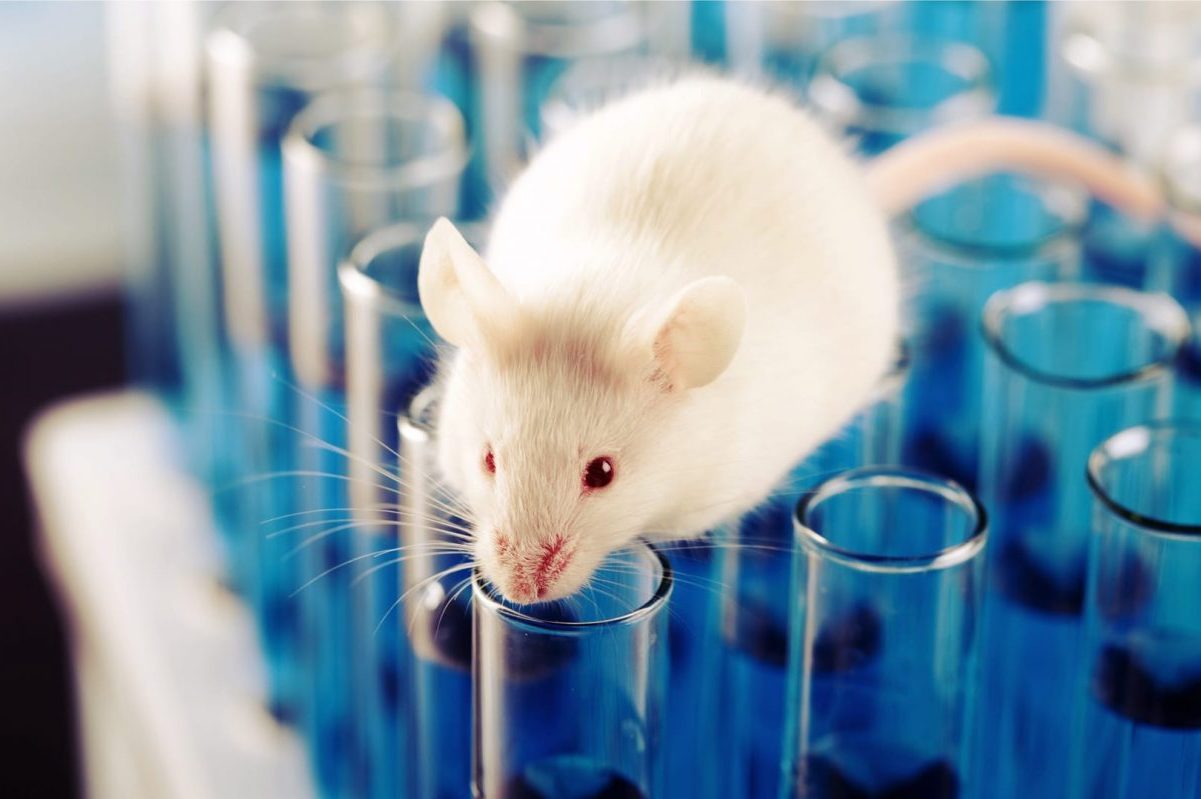Insider Medical Journal has been putting great efforts into encouraging scientists and researchers to alter the use of animals in medical tests and research with human tissues, cells, and other human-related models.
In this article, we will cover two topics that show the drawbacks of using animals in medical research and why scientists must divert to cruelty-free procedures.
Experiments on Dogs at Wayne State
Since 1991, millions of taxpayer funds have been wasted by Wayne State University on experiments that involved subjecting dogs to painful procedures and are eventually killed.
This cruelty has undermined public trust and a Michigan bill was created to stop inhumane dog experiments.
Furthermore, the ongoing dog experiments at Wayne State do not provide any contribution or advancement in human medicine. It also does not provide new ways for cardiologists to treat cardiovascular ailments. In fact, there is more reliable information obtained in studies that involve humans.
Cardiovascular failure tests on dogs have not found any solid form of treatment for heart disease. Thus, it is only right that these cruel dog experiments are put to an end and scientists find alternative research methods that are humane and more practical.
Research on Alzheimer’s Disease Involving Animals is Fruitless
A whopping 99.6% of drugs for treating Alzheimer’s disease that is successful during animal tests have failed in humans. For this reason, switching to human-relevant research procedures is necessary as it may lead to a discovery of more efficient methods for preventing and treating Alzheimer’s disease.
Alzheimer’s disease and dementia have devastating effects on humans and society. Decades of research, clinical trials, and drug developments involving animals have failed to divert into efficient interventions countless times.
As of today, there is still not a single solid form of medical treatment that can prevent the development of Alzheimer’s disease or even slow down cognitive decline.


